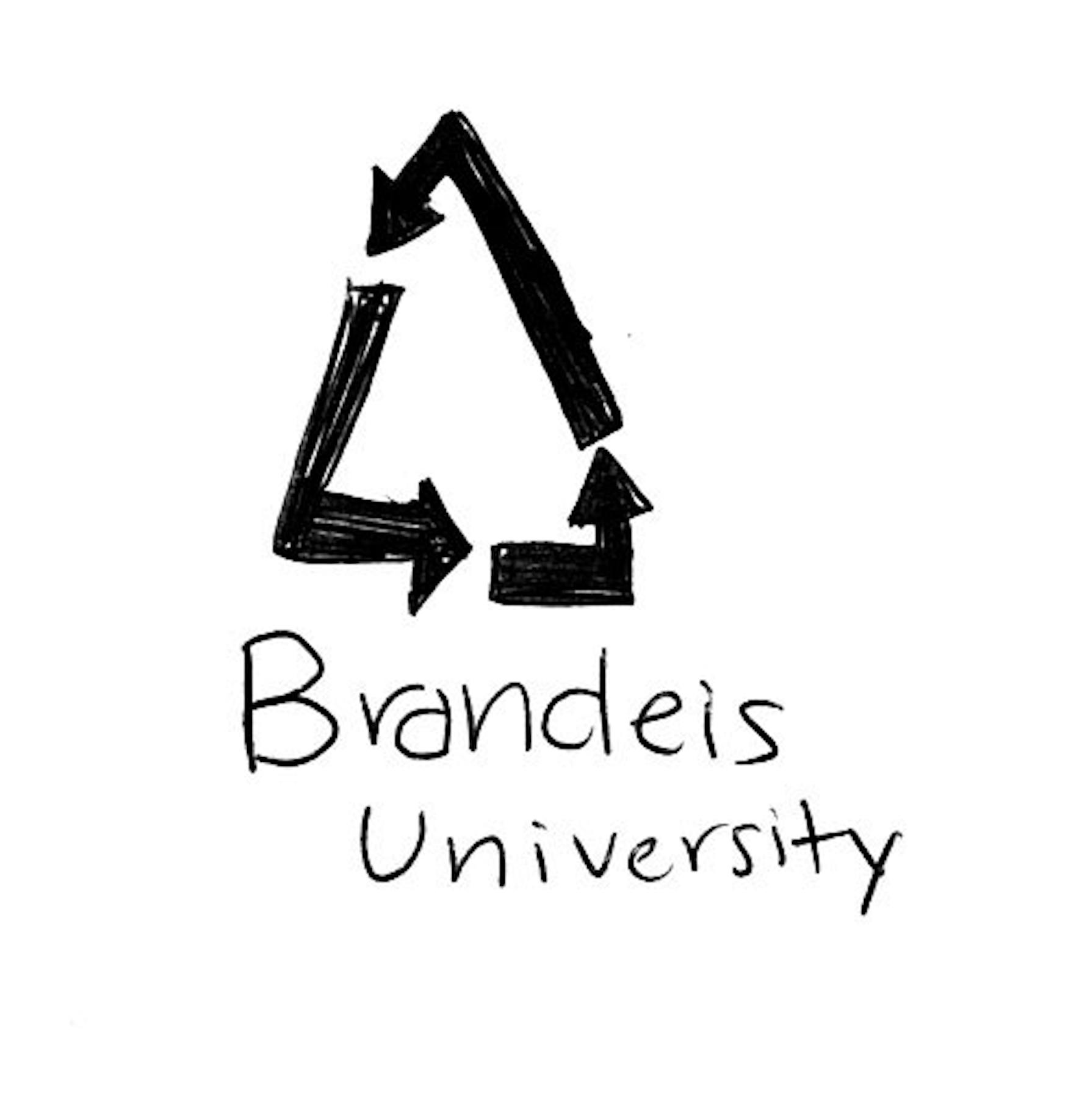EDITORIAL: Progress made on campus sustainability efforts
On Sept. 26, the Office of Sustainability, the Senate Sustainability Committee and the Brandeis Sustainability Ambassadors sponsored the State of Sustainability presentation. At this event, various new environmental initiatives were announced. Upcoming campus sustainability initiatives include the elimination of approximately 10,000 plastic bottles annually from many on-campus vendors, the addition of about 40 more compost bins around campus and the investment in renewable energy efforts around the country to compensate for Brandeis’ carbon footprint. These are outstanding steps toward making the University more sustainable.
This board commends the offices that sponsored this event for their ideas to improve sustainability on campus, but also hopes that the University will continue to expand on these projects and search for long-term solutions. The elimination of plastic water bottles will have an important impact; however, this board recommends that the University go further by adding more Coca-Cola soda fountains, complete with recyclable cups, at retail locations to ensure the number of bottles used for drinks other than water is reduced as well. This board also suggests that the University explore the possibility of adding compost bins to residence halls and offices around campus. Per the State of Sustainability event, compost bins will be added to 567 and the Charles River Apartments soon, which is a step in the right direction of allowing students to compost without leaving their dorms.
As the University takes steps to promote campus sustainability, this board would also like to remind University community members of the importance and impact of individual action. For instance, now that the cost of doing laundry is included in tuition, students in residence halls are able to wash and dry unlimited loads without worrying about extra costs. While this system is undeniably beneficial for students, unchecked, this could lead to people using the machines more frequently than necessary. Students should keep in mind the amount of energy needed for the use of laundry machines, and to consider washing their clothes in cold water when possible.
Community members can also make efforts to reduce their food waste by taking only as much food as they know they will eat in the dining halls. Also, when disposing of food, containers, cutlery and other waste, people should pay careful attention to make sure that they are disposing of items in the correct bins. According to Mary Fischer’s speech at the “Let’s Talk Trash” event on Jan. 25, 2019, many people tend to recycle non-recyclable items because they feel guilty about throwing them away. Enough non-recyclable items in a batch of recycling will contaminate the entire batch, and it will be thrown away. This applies to composting bins as well.
There are several potential projects that this board suggests in order to encourage individual action in regard to campus sustainability. The University should provide more comprehensive descriptions of what type of waste can be placed into each waste bin, such as the display cases above the bins in the Upper Usdan Food Court, which could be replicated in other places on campus. Another effective way of reminding community members to live sustainably would be to implement environmental-consciousness education into more mandatory events, such as orientation and beginning-of-the-year hall meetings. This board approves of the efforts made by the University to minimize the carbon footprint on campus.
— Editors Jen Geller and Natalia Wiater covered this topic for News and did not contribute to this editorial.



Please note All comments are eligible for publication in The Justice.